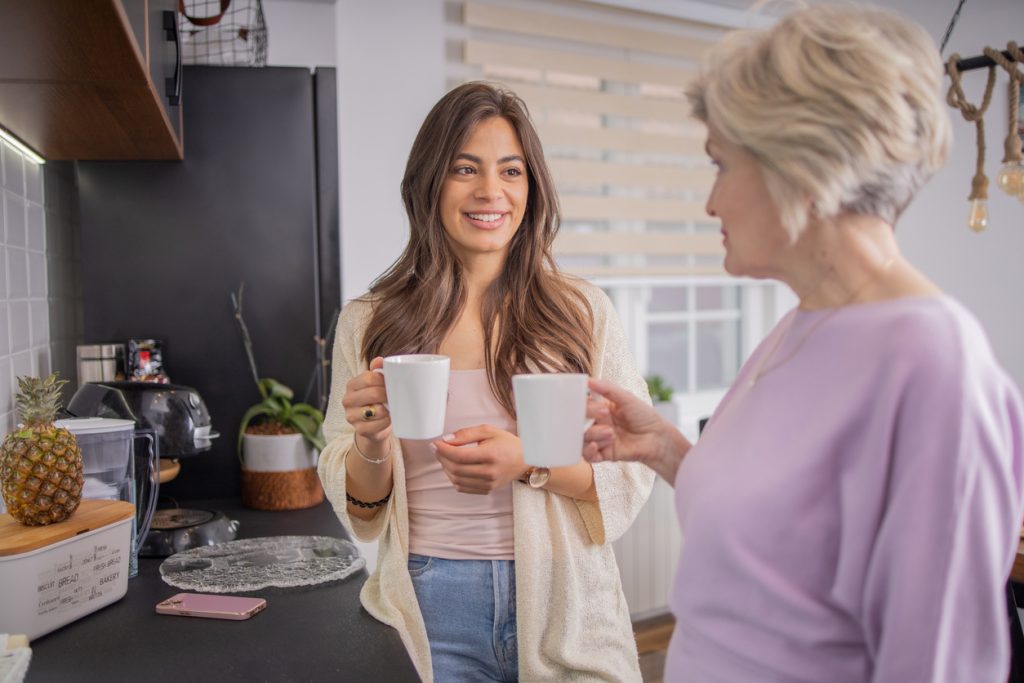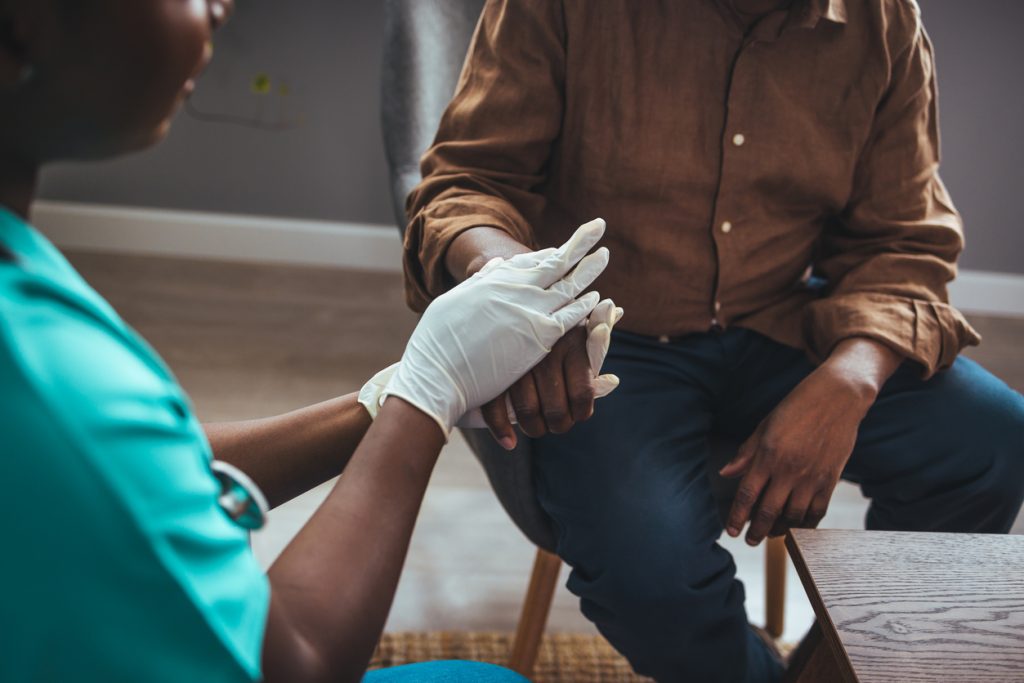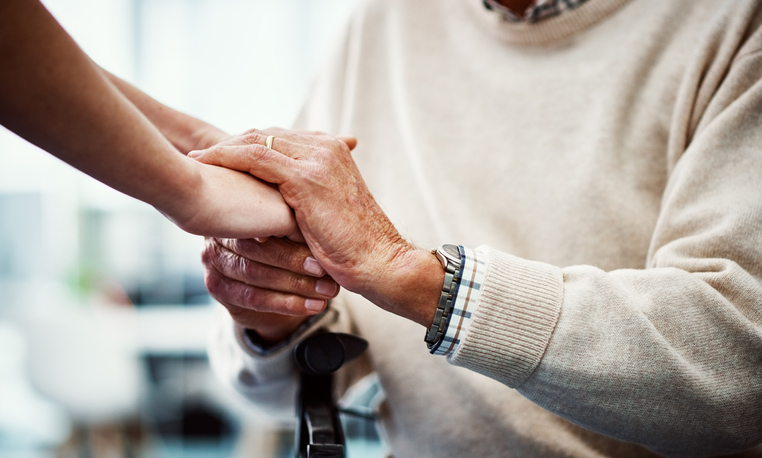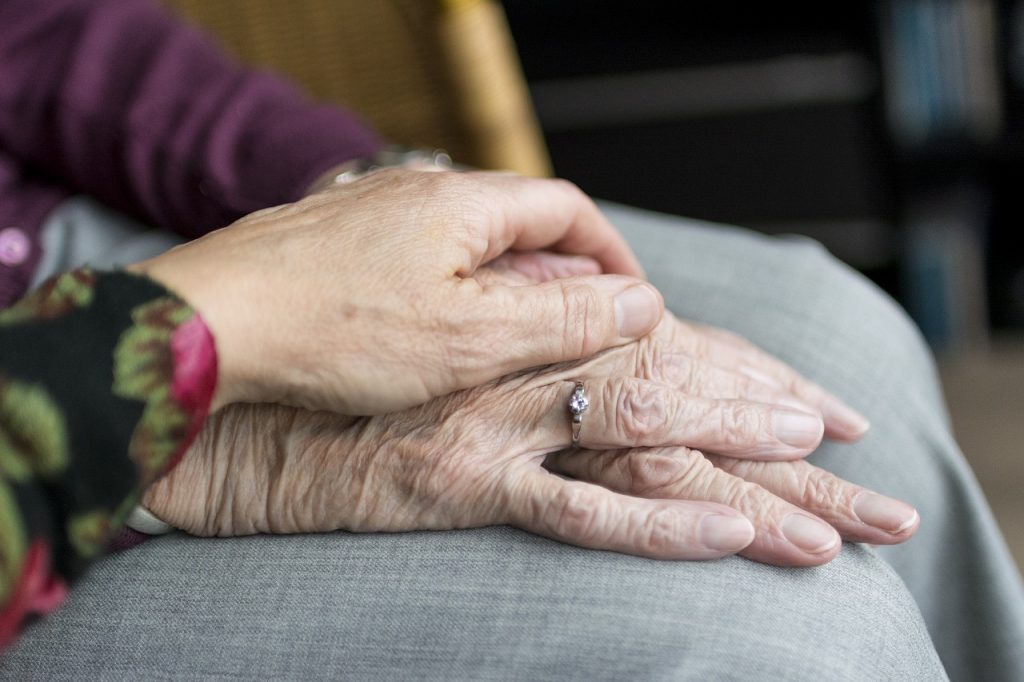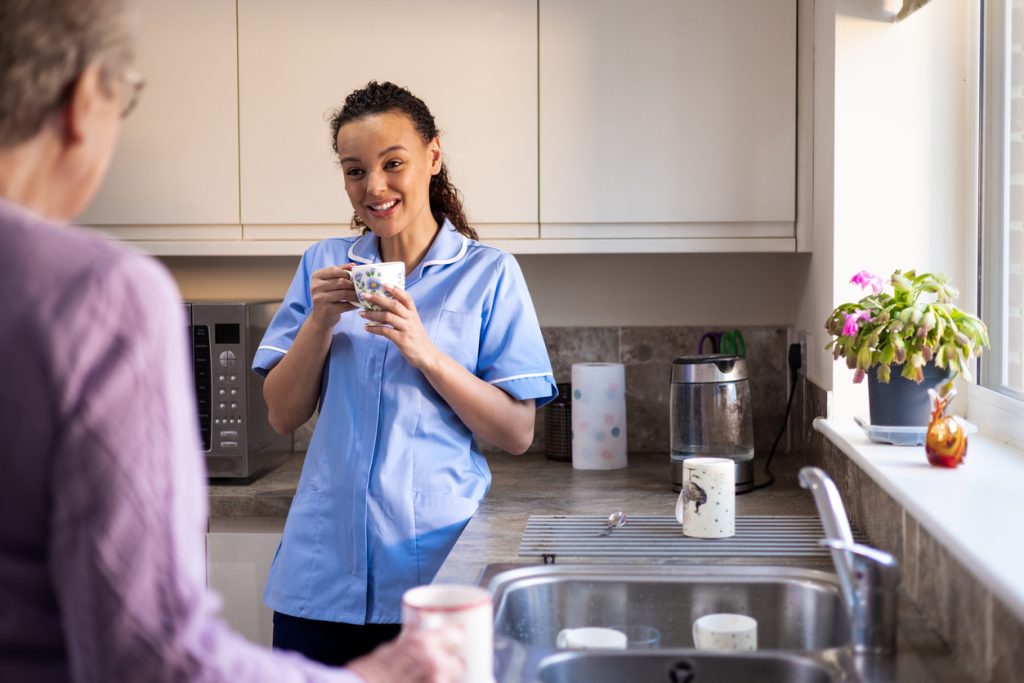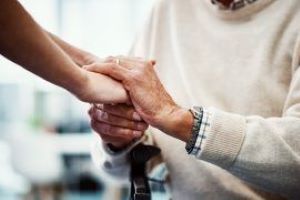This article is updated regularly to reflect new government updates and guidance for carers regarding the coronavirus pandemic.
Please read our breakdown of current guidance for direct payment users.
Updates and new guidance are constantly being issued currently for carers and personal assistants putting themselves at risk during the coronavirus pandemic.
The current advise given to home care providers is:
- To keep an updated list of your clients and the levels of support each individual receives. Providers are also advised to consider sharing this information electronically with local partners.
- Work with your locla authority to put contingency plans for mutual aid in place
- Take note of the current arrangements local authorities are putting in place
Procuring PPE as a home care provider
Currently, official government guidance says that home care providers will be able to routinely producre Personal Protective Equipment (PPE) such as aprons, gloves, and masks, with a free issue of PPE to adult care providers.
Care workers are advised to use PPE for activities that bring them into close contact with the person they are caring for, including bathing and personal hygiene.
The government advise that you use new PPE for each episode of care, with new equipment placed in disposable bags and kept separate from other waste.
Read the full government advice on PPE here.
Testing for care home staff
The government has pledged to ramp up their testing of care home residents and staff, with any care home residents discharged from hospital to be tested before being admitted back into the care home.
Despite this pledge, however, the BBC did report recently that care homes are still struggling to get tests.
Visiting care homes
Many care homes are currently on lockdown in an effort to protect vulnerable residents after huge spikes in cases.
This means no non-essential visits such as hairdressers and entertainers, with family members advised not to visit elderly relatives in line with social distancing guidance.
This has lead to many difficult decisions for family members with a loved one receiving end of life care and those who care for them, as well as many people in the vulnerable category left isolated.
Many care homes have been taking advantage of video technology to keep their residents connected with family members.
Life Assurance Scheme for NHS & Frontline Social Care Staff
Health Secretary Matt Hancock has announced a new life assurance scheme for NHS and frontline social care staff. Health workers and carers who die from coronavirus will recieve a payment of £60,000.
At the daily press conference on Monday 27th April, he said “”Of course, nothing replaces the loss of a loved one. But we want to do everything we can to support families who are dealing with this grief.”
Badges for carers
After calls for more support and recognition for carers and support providers as well as NHS staff, a number of measures were rolled out by the government.
One of these included the introduction of a badge for carers. The lapel pin with ‘CARE’ written on it is, Health Secretary Matt Hancock siad, “…a badge of honour in a very real sense, allowing social care staff proudly and publicly to identify themselves, just like NHS staff do with that famous blue and white logo.”
However, the announcement has been met with criticism, with many pointing out that the care industry needs a lot more support than a badge, and that the badge itself was introduced a year ago.
Support for unpaid carers
There are an estimated 6.5 million unpaid carers in the UK – with estimates that this figure could be much higher – and many of these people will still be continuing to care for a vulnerable friend or family member throughout the pandemic.
With so many people in need of further support and advise, the government has released official guidance for unpaid carers.
Unpaid carers may still provide care to the person they support, even if they fall into the vulnerable category – provided they are not displaying any symptoms. There is guidance for hygiene on the NHS website in this case.
All carers are advised to create an emergency plan with the person they care for – or, if you already have one, to ensure it is up to date.
This emergency plan is to be used in the case of care being delivered form other people – for example, if the main carer becomes symptomatic and cannot deliver care.
An emergency plan includes:
- The contact details of the person you care for
- Who needs to be contacted in the case of an emergency
- Care details, medication, and treatment received by the person you care for
- Any medical appointments that need to be kept
You can also find information out about local services on the Carers Trust website.
Supporting our carers & health care workers
If you’re not on the frontlines, it can be easy to feel a bit…useless. When the best thing we can do for to protect the NHS, our carers, and our vulnerable citizens is to stay home, there are many people wondering what else they can do.
- Clap For Carers: Every Thursday at 8pm, millions of people across the country have taken part in the #ClapForOurCarers campaign. This involves standing on your front door and applauding the hard work our frontline workers – all of them – are doing for us all right now. If all you can do is stay home, this is a small but impactful way you can show your support.
- The 2.6 Challenge: The London Marathon should have taken place on the 26th Apri. In its place, the 2.6 challenge was invented. Between the 26th April and 30th April, the challenge is to do some kind of activity-based around the numbers 26 or 2.6 and raise money for UK charities.
For example, the team here at Surewise took part in a group marathon, collectively running a total of 26.2 miles and raising £520 for Carers UK! - Support the carers you know: If you know a carer or frontline worker, consider how else you could support them. Could you pick them up some weekly shopping on your next visit to the shops, or even offer to cook them a meal to drop on their doorstep? Could you offer to call the person they care for and check-in to take some pressure off the carer?
